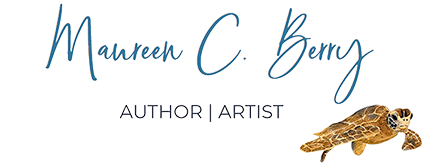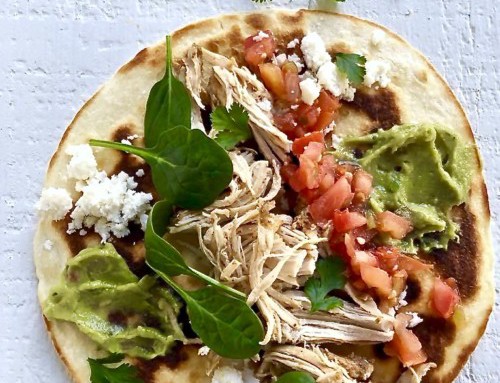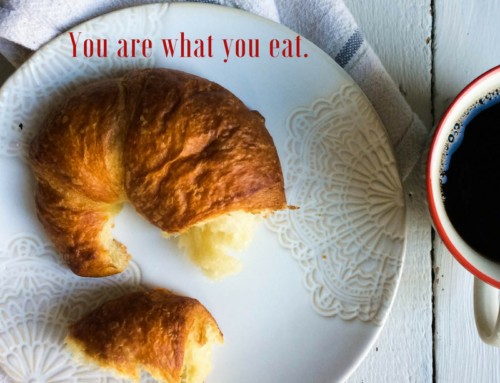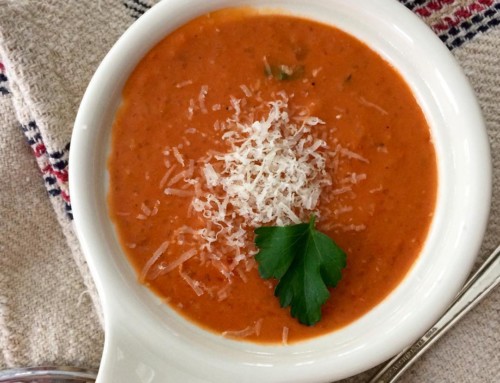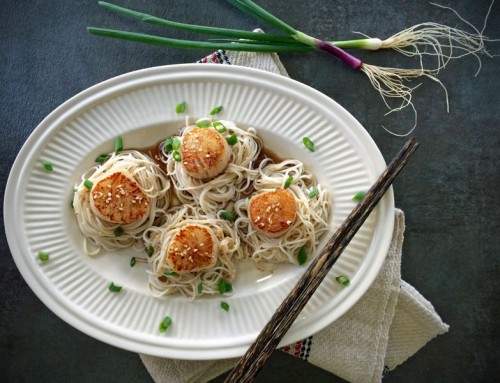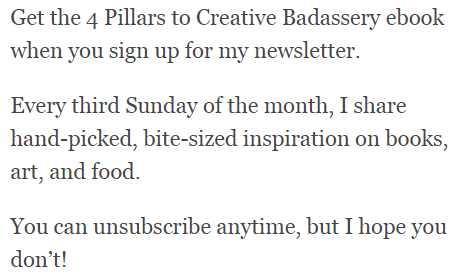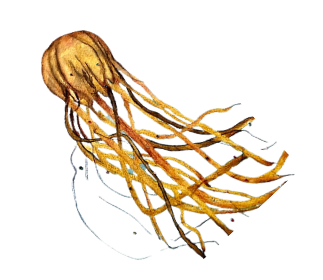I’d sat down on the hard-packed sand, after sitting in the car for more hours than I cared, and looked out to where the dark blue water met the pale blue sky. It was the summer of 1975. I was fourteen years old. We’d driven from Pittsburgh to Ocean City, MD. It was the first time I’d see the Atlantic Ocean.
The earth warmed my sore butt. I’d dug my toes into the sand. The soft grit was cool underneath the surface. I’d wondered, if I kept pushing my feet down, would the sand swallow me whole? I’d quickly pulled my feet out and marveled as the sand rushed back down into the cavity where my feet had been. I’d sucked the warm, salty air into my lungs. My curly brown hair whipped into my eyes, stinging like tendrils from a jellyfish, although it would be years after that day, before I’d feel the sharp, prickly sensation of a man-o-war sting.
I’d licked my lips and tasted salt.
I’d fallen in love.
Immediately.
Every chance I got after that trip, I’d find a way to go where the flat line of water meets the sky. I’d find my purpose with the ocean decades later.
But feelings of unrest pulled at me for years, like an undertow. They sucked, and swirled. Suffocating me with feelings of not belonging.
I’d grown up in Pittsburgh, PA, surrounded by concrete, steel, and a few city parks with the required baseball field that every city park has. Even the yard at the public school I’d attended was covered in asphalt and surrounded by a chain link fence.
On that trip to Ocean City, MD, in 1975, my mother, Mary-Margaret, her sister’s, Clare and Annie, her brother’s, Jack and Bob, their spouses, my sisters, a few of my brothers, and several of my cousins were on that summer vacation.
One evening I’d watched from the outside patio through the salt-stained, glass-paneled sliding door, as the adults sipped clear liquid from upside-down funnel-shaped glasses. They ate tiny pearl-shaped onions and pimento-stuffed olives.
They had their spouses. Except my mom. She was alone.
I was hot, and thirsty, but wasn’t allowed in the kitchen. I’d played for hours in the sun with my cousins and sisters. I must have missed the kid’s meal, and I remember feeling lonely. But then I remember seeing my mom laugh like a kid. It was a funny cackle. Loud, long, and pretty.
She was happy.
I, on the other hand, was lonely. Miserable. I was insecure, unsure. Angry at my father, whom I didn’t know. He had died when I was seven, while we watched the black and white television. He sat in his nubby black and white recliner. Me, on the couch next to him. There was a party of some sort going on that day, or perhaps just another weekend day in a family of fourteen.
On another evening in the middle of our vacation week, after another blistering hot, sunny day, I’d watched again. The ritual of the adults. The salt on the door was splotchy, probably from an early morning rainstorm, or mist from the ocean.
This time my Uncle Jack plunged live, wriggling, blue crabs into a pot of steaming hot water. Newspaper covered the counter top. The adults drank beer out of shiny gold cans. Mom sipped a dark liquid from a short glass filled with ice and one, bright-red maraschino cherry. It was a party like I’d never seen.
When Uncle Bill plucked the lifeless crabs from the steaming pot, the adults shouted. Then the pounding commenced. It frightened me and I didn’t know why those dead crabs needed to be beaten. Then the adults were quiet. They picked at the crabs like the gulls on the beach picked at chips and pieces of bread that I’d tossed at them. The adults groaned. It was a mysterious sound that came from deep in their belly’s, or like something that would come from the deep blue sea where the sky met the water. My mouth watered and I’d swallowed hard.
I didn’t get to eat blue crab that week. I‘d spent the remainder of my vacation wondering when my uncles would go back out on the boat to bring back crab. I would have done anything to get on that boat. Each time I saw a small boat on the water, I wondered if the fishermen had crabs on their boat. I’d wondered how the crabs were caught, and how many crabs were in the ocean. I wondered if I was going to see the crabs when I was swimming in the water, and then became afraid to put my feet on the sandy-bottom ocean floor. I’d feared the crabs would pinch my toes and not let go.
But there wouldn’t be another boat trip to “go crabbing,” that week. Or any other week. I didn’t learn the answers to those questions during that vacation. I was afraid to ask for fear of sounding stupid.
We’d driven back to Pittsburgh at the end of the week.
In July 1975, my mother had turned fifty years old.
I’m glad she had her brothers and sisters, some of her children, nieces and nephews. Six years passed since she’d lost her husband.
She’d deserved to laugh, drink martini’s, and not share the succulent, hot crab with her kids.
She’d needed to dig her toes in the sand more often, too.
